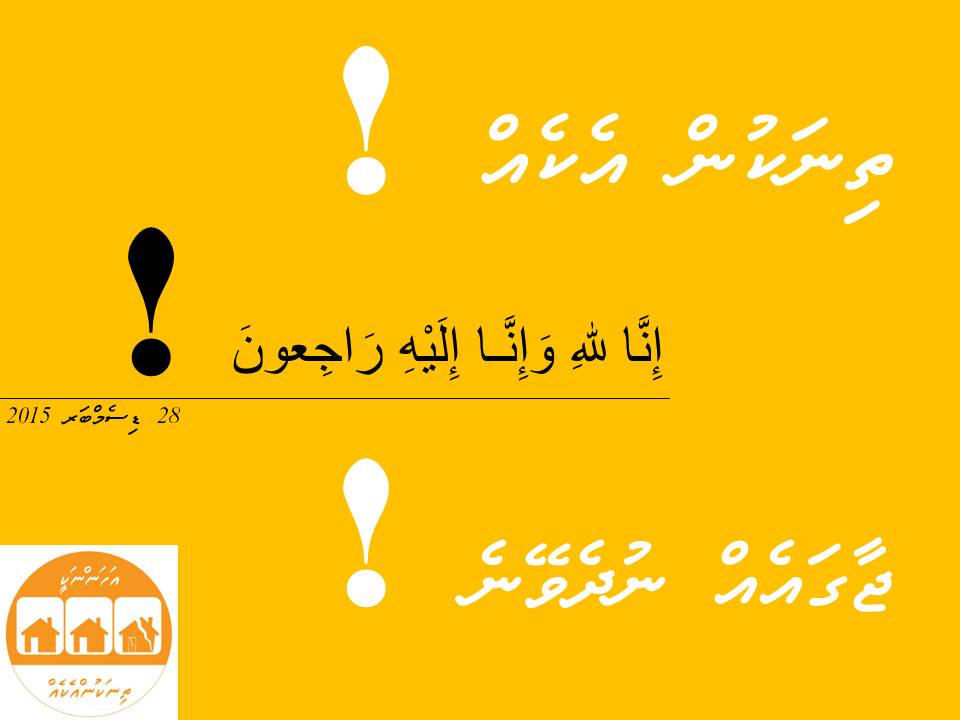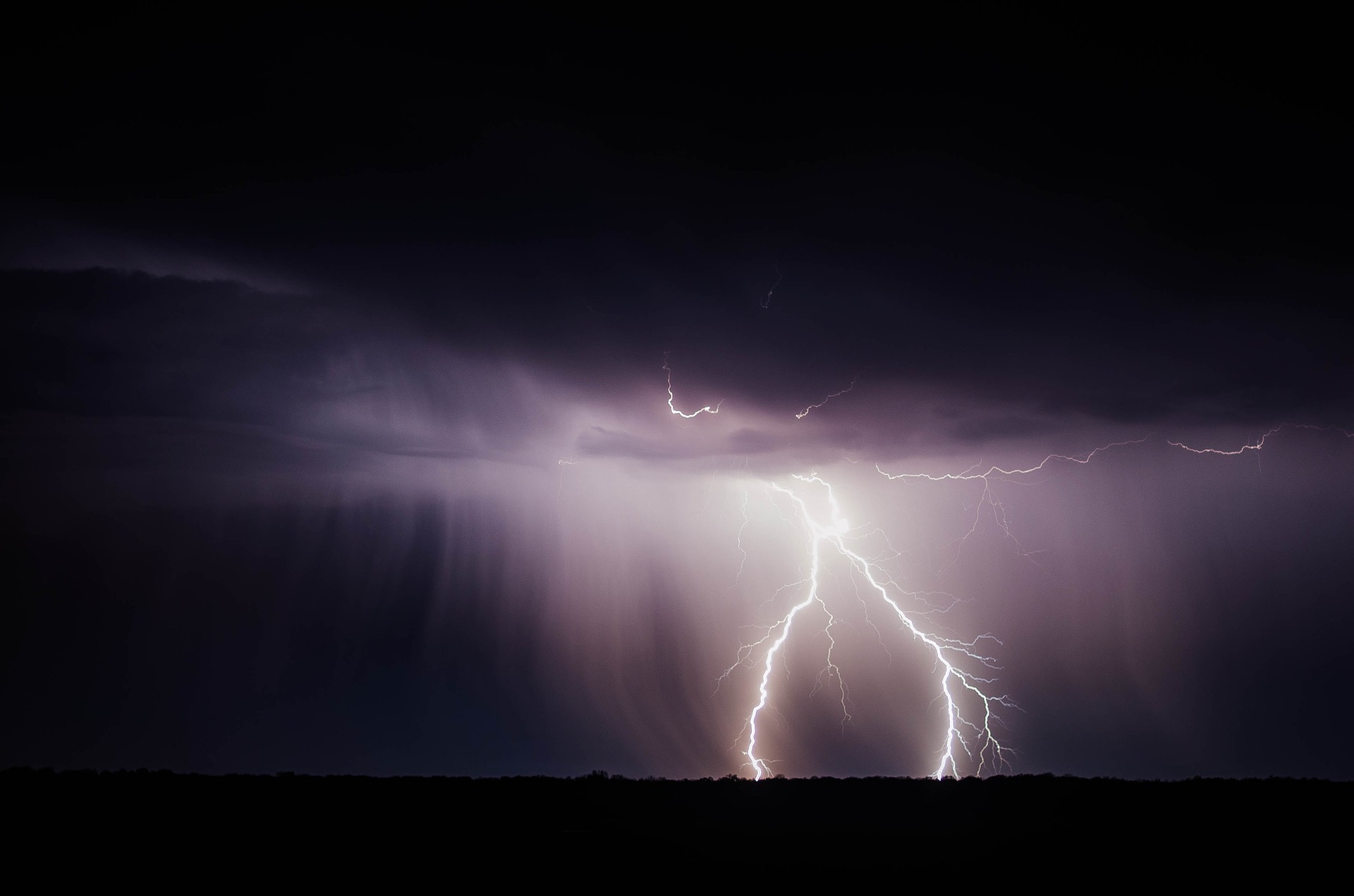Violence against women has become our culture

by H Abdulghafoor
Thank you Gender Advocacy Working Group (GAWG), for providing an important summary of some of the fundamental issues contributing to the prevalence of violence against women in the Maldives.
It is a social scourge of epic proportions. Not just in the Maldives but elsewhere in the world too.
Why is this happening?
The simplest one word answer is patriarchy.
That age old cultural elephant that has always remained firmly in the room!
Listen to the survivors – get the real picture
The comment to the GAWG article by reader, “Call me Samiya” is a clear account of a survivor’s experience from which every reader must learn and appreciate the complexity of the issue. It is a powerful testament to the strength of this survivor of intimate partner violence, which deserves our greatest respect. In the Maldives, research shows that 1 in 5 women who have ‘ever been in a relationship’ experienced physical and/or sexual violence by an intimate partner.
As “Call me Samiya” says, it takes great strength to disclose such painful personal experiences so publicly, even to “trusted” duty-bearers such as the relevant authorities. Sadly, survivors’ efforts are too often ignored by such duty-bearers, leading her to question from her own experience – “Who is there to help people like us?” This is an extremely valid question.
Women who try to get out of abusive marriages are made to wait years, for the court system to make a decision on their request for divorce. The authorities appear to think they can “reconcile” an abusive husband and a battered wife through an ad-hoc court facilitated “counselling” session, when divorce proceedings are initiated by a woman. The justice system does not have the capacity, including the necessary human empathy, to support such cases. The implementation of the Domestic Violence Prevention Act (DVPA-2012) is fraught with resistance from duty-bearers, due to alleged conflict of “belief”! Concern has been raised at social sector discussion forums of the refusal of some magistrates to issue Protection Orders to prevent abuse, as mandated by the DVPA-2012. How can justice be served when duty bearers can choose whether or not to apply the law based on individual whim and transient “beliefs”? Notably, the vast majority of magistrates in the Maldives are men.
When a survivor of violence shares their experience, the public has a great responsibility to listen, understand and work to ensure that relevant authorities respond appropriately to address the issue. Violence prevention and seeking redress for survivors require a collective, public effort, especially in a system as dysfunctional as ours.
What social system – what social cost?
Systemic failure is also public failure.
The case of Samiya is yet another indicator of the failures of a society and system of governance that have become so sickeningly inept and incapable to provide social protection services.
There is no room to dispute GAWG’s article.
Samiya was failed by the so-called “system” in the same way young Ibthihaal and many others before them (most we never even get to hear about?), were catastrophically failed, and allowed to suffer and die in horrific circumstances – in small communities where “everyone knows everyone”!!
Let us consider this reality.
In Samiya’s case, she leaves behind three children with a father so sick in his mind one must question his ability to be a father to any child.
In reality, these children have lost both parents at once, in unbearable circumstances.
How will they cope with this tragedy?
How will their wounds heal? Will they ever heal?
What scars will they carry for the rest of their lives because of the complete failure of the social and governance systems (described in the GAWG article) responsible for their care?
Who can they trust now?
Most importantly, will the cycle of violence be allowed to repeat, through neglect of these children who have known and experienced such horrific family violence? Research indicates that children exposed to violence are more likely to fall victim to, or become a perpetrator of violence. Studies show that exposure to violence within the family adversely affects the brain development of children, in the same way as when children are ‘directly subjected to physical violence.’
Who will help these children to overcome their trauma and become productive citizens?
What family security can they expect to enjoy in their most vulnerable and formative years?
The questions are endless.
What kind of father abuses and inflicts horrific harm on the mother and primary carer of his children?
On the other hand, how has this man become what he has become?
What has happened to him in his past that turned him into this?
Patriarchy – the elephant in the room
Certainly, socialisation into the patriarchal mind-set of the perceived dominant and “superior male” plays a pivotal role in turning men into things far removed from human. The culturally well-guarded fundamental concept of the inherent inequality of the sexes, of male superiority, breeds nothing but insecurity among men – who frequently fail to live up to the so-called “provider and protector” that society requires them to be. In short, this inequality breeds deep insecurity, which too often manifest in unspeakable horrors. Yet, it is “the system” – both social and governance – that upholds this inequality as a fundamental “norm” in the Maldives.
To mask this systemic hypocrisy of the “superior man”, Maldivians have created a society where blame is laid thickly on the victim of violence – usually the woman.
Victim-blaming is all pervasive and seriously toxic.
Her actions, her inaction, her looks, her clothes, her walk, her talk – or just about anything she does or is perceived to have done, is used to detract from the reality of the violent insanities of the “superior man” against her.
Let’s consider Samiya’s case.
She is blamed, either directly or indirectly, for being “silent” about her abuse. Even women’s NGO Hope for Women is not exempt from succumbing to the overwhelming tendency to identify the victim’s culpability in what happened to her. This begs the question about the level of effort made to understand and appreciate the situation of the victim of this horrific crime.
What do we imagine Samiya’s mental state to be when her internal organs are brutalised and bleeding? Didn’t Samiya seek medical treatment from her local hospital? Didn’t the healthcare provider advise her to seek treatment in Malé because they did not have the capacity to treat her – thereby, literally abandoning their responsibility towards her, despite her desperate situation? Doesn’t that same duty-bearer have a medical and legal responsibility, let alone a moral responsibility, to assess her condition in a manner worthy of a health-care provider and report to the authorities as required by law? By presenting herself to the local hospital, had Samiya NOT TOLD someone about her condition, through her very actions?
What exactly are we expecting Samiya to have done in her condition, while she was miserably failed by one of the most important duty bearers mandated to assist people in her situation? Are we expecting her to scream from the rooftop, when her lived reality is systemic abandonment, marginalisation and neglect?
Samiya was not silent. Duty bearers were silent on Samiya. The community was silent on Samiya.
By diverting attention to her action or inaction and directing our energies completely away from the criminal element and criminal actions responsible for this horror, isn’t society simply trying to absolve its collective guilt for being silent about the real injustice of this preventable tragedy?
It is indeed an acute lack of empathy that drives the conversation blaming the victim of violence for being “silent”. A quick read of “Call me Samiya”’s comment might help the reader to get a glimpse of the lived reality of intimate partner violence. It is ironic that in their statement in response to Samiya’s case, Hope for Women felt compelled to provide generic advice to victims of violence against remaining “silent”. Yet, they failed to acknowledge the failure of the relevant health-care provider to assist Samiya when she actively sought assistance.
Patriarchy is indeed an insidious beast.
It is the greatest curiosity that the “superior man” is exempt from accountability for his actions – for it is readily accepted that it must be the provocations of the female victim that leaves him with no control over his own criminal actions. The result is a society where the violent “superior man” roams free and operates with impunity. The question prominent in many minds would be whether the perpetrator of the crimes against Samiya will be free to re-offend at his leisure, following his brief period of remand? After all, so many others do just that, in the injustice system of the Maldives.
A further irony is that men are held up as “protectors of women” when in reality many fail so completely so frequently – resulting in the grim statistic we have, that 1 in 3 women is subjected to physical and/or sexual violence at some point in their lifetime.
What we must remember also is that this violence mainly happens in the sanctity of the home.
Much of this is perpetrated by members of the family.
Isn’t the home where every man, woman and child seek and expect to find respite, refuge and security every single day and night?
Isn’t the family, in the home, supposed to be the safest place for every man, woman and child?
Reflect and change – act on it
Samiya’s case must not be forgotten.
This case must be etched in our collective memory forever. This is a civic responsibility.
To stop such horrors from happening in our small communities, parents and teachers must reflect on their own active roles in producing the women and men of our society. They must reflect on the colour coded gender stereotypes and divisions they maintain and promote, superficially in pink and blue. At a deeper level this is used to solidify socially constructed ideas of inherent inequality between the “lesser” female and the “greater” male. This dangerous stereotype of discrimination serves to stunt the ability of children to view each other as dignified human beings of equal worth, regardless of the lottery of birth that is their sex.
Parents, teachers and society at large must stop branding their boys as the “superior man”. For inside every “superior man” is a frightened and confused human who is trapped in a social cage with a label he did not choose. A cage in which he is forced to conform to a demanding socio-cultural stereotype of high expectations and MAN-ness, under the heavy weight of which he invariably, pathetically breaks. Why would a society bring up its boy children to fail so badly in this way? As primary carers of children, why would women subscribe to such stereotypes, and bring up their sons to become violent failures against their daughters?
This culture of inequality which breeds violence has to be denounced. It has to be stopped. It must be decisively, actively and collectively rejected.
Social well-being cannot be achieved if violence against women continues to be our normative culture. In order to lift the scourge of violence against women in the Maldives, society must let go of the patriarchal myth of the “superior man” and grab hold of the real key to achieve a non-violent way of life. That key is the responsible practice of valuing and treating boys and girls equally without discrimination; valuing men and women as equal in dignity, worth and rights.
Nothing less than this reality check will do.
Because there is no such thing as the “superior man”.

